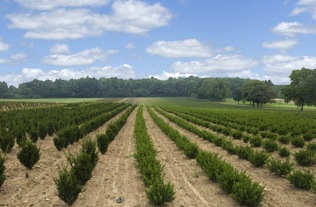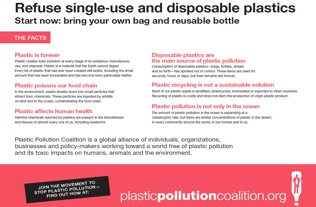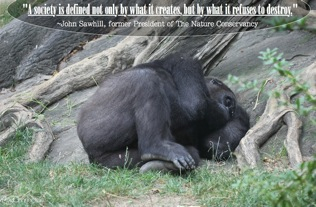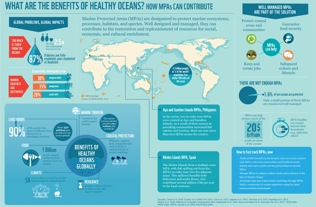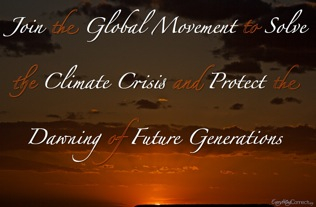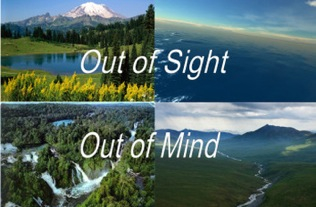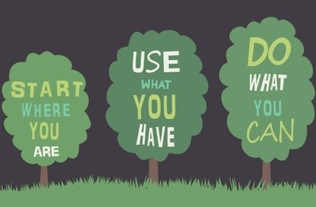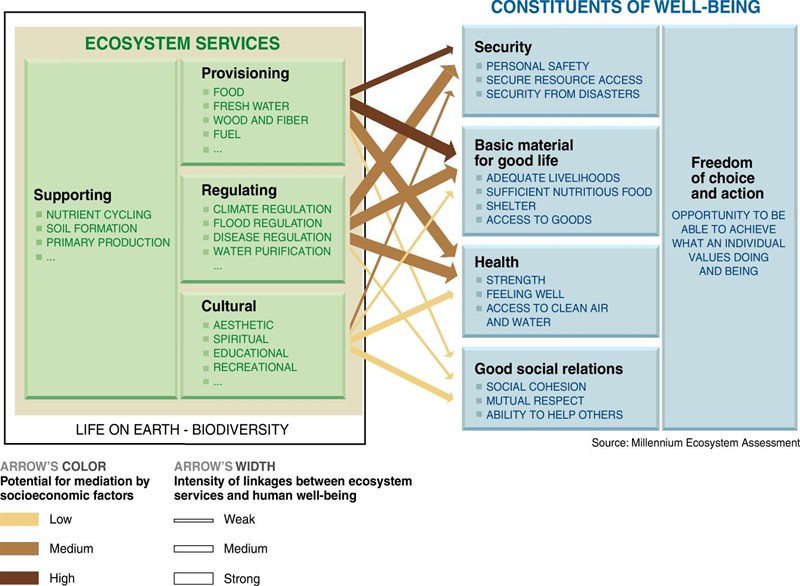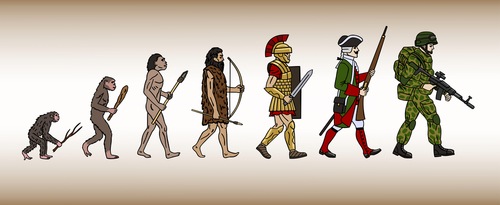In a
finite world
where
plastic-filled,
depleting oceans
are
acidifying,
temperatures are
rapidly rising,
coral reefs are
disappearing,
entire forests are
being cut down,
species are going extinct at
unprecedented rates,
pollution is
engulfing the land, air and water,
habitats are
shrinking, the
climate is
rapidly and dangerously changing, where
too many of us
are
demanding more than the Earth can provide,
agribusiness is
degrading the land and water while harming human health and torturing animals
and
nuclear power poses
unacceptable and unnecessary risks to humanity and nature, we face a choice. A choice between
self-imposed, unparalleled, potentially-irreversible desolation
and a golden age. A choice of whether or not we will act quickly enough to preserve the ecological purity, social stability and economic prosperity for generations to come. A choice driven by the understanding - or lack of - that
these issues
are more than just 'environmental' and just as much human issues as they are nature's problems. A choice left up to everyday citizens like you and I to pressure leaders, build and join grassroots movements,
live sustainably, be engaged in our democracy and communities and move beyond struggles with pessimism and towards deciding that we are determined, not defeated.
We have evolved over many millennia to deal with challenges in the here and now, to ward off other opposing humans and dangerous animals, to come together and overcome an imminent, tangible danger such as a natural disaster - to address risks we face largely in the short-term and not think about distant, abstract scenarios. We must now evolve to deal with and address local and global issues both short- and long-term, whether it's
pollution, hunger or the
climate crisis; for these challenges come at unparalleled speeds, with unprecedented consequences, and with an interconnection that affects us all, especially if left unchecked. As a species, we have advanced incredibly, both scientifically and technologically, to the point that we now possess the power to alter the biophysical systems of the Earth and equally, renew them. What is missing in the renewal equation is enough collective will. Technologically, we are ready. Scientifically, we know we must act. Economically, it is act now or pay far more when we have no choice but to act later. This is the time to begin truly sustaining the lands and oceans that sustain us and take action!
"Our old solutions – which address only environmental conservation or short-term human gains – are no longer enough. We need innovative approaches to guide our civilization toward a sustainable future. We must also develop a new ethic and collective purpose, one that recognizes us as stewards of human and planetary well-being. After all, Earth is the only known harbor of life in the universe. And it is home to the only known civilization in the cosmos. Our moral obligation is to support both ourselves and our planet." ~ Johnathon Foley, New York Times, 'The Age of Anthropocene: Should We Worry?'
"We find ourselves ethically destitute just when, for the first time, we are faced with ultimacy, the irreversible closing down of the earth's functioning in its major life systems. Our ethical traditions know how to deal with suicide, homicide and even genocide, but these traditions collapse entirely when confronted with biocide, the killing of the life systems of the earth, and geocide, the devastation of the earth itself." ~ Father Thomas Berry
"Let every individual and institution now think and act as a responsible trustee of Earth, seeking choices in ecology, economics and ethics that will provide a sustainable future, eliminate pollution, poverty and violence, awaken the wonder of life and foster peaceful progress in the human adventure." ~ John McConnell, founder of International Earth Day
"The environment and the economy are really both two sides of the same coin. If we cannot sustain the environment, we cannot sustain ourselves." ~ Wangari Maathai
"The ultimate test of man's conscience may be his willingness to sacrifice something today for future generations whose words of thanks will not be heard." ~ Gaylord Nelson, former governor of Wisconsin, co-founder of Earth Day
| |

